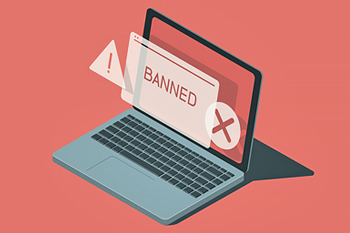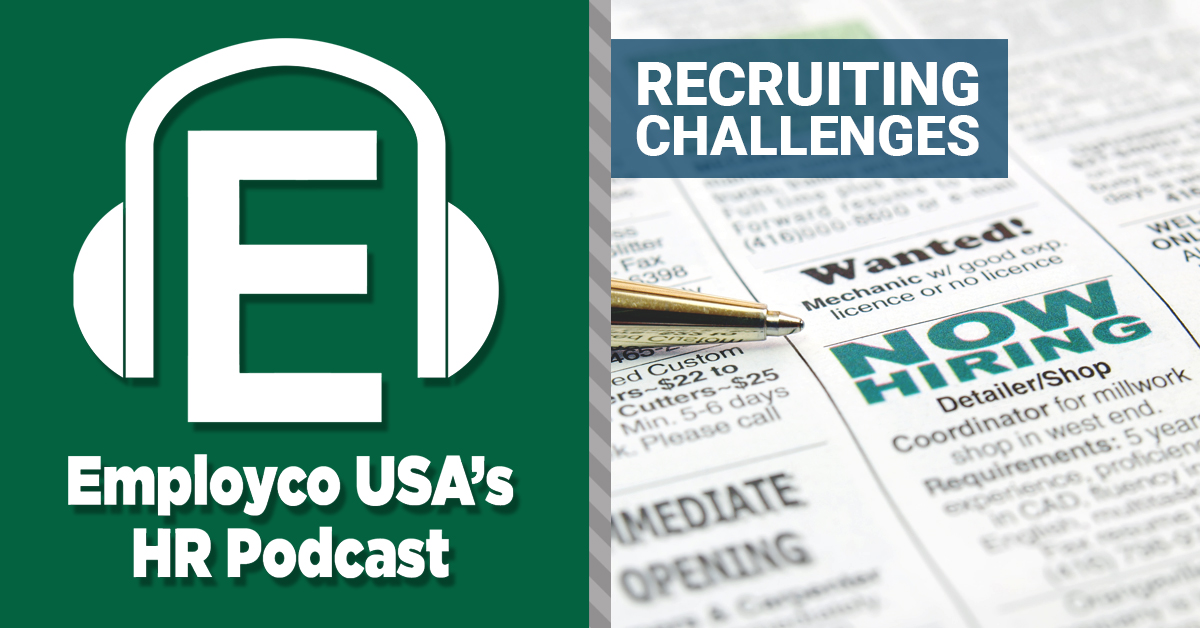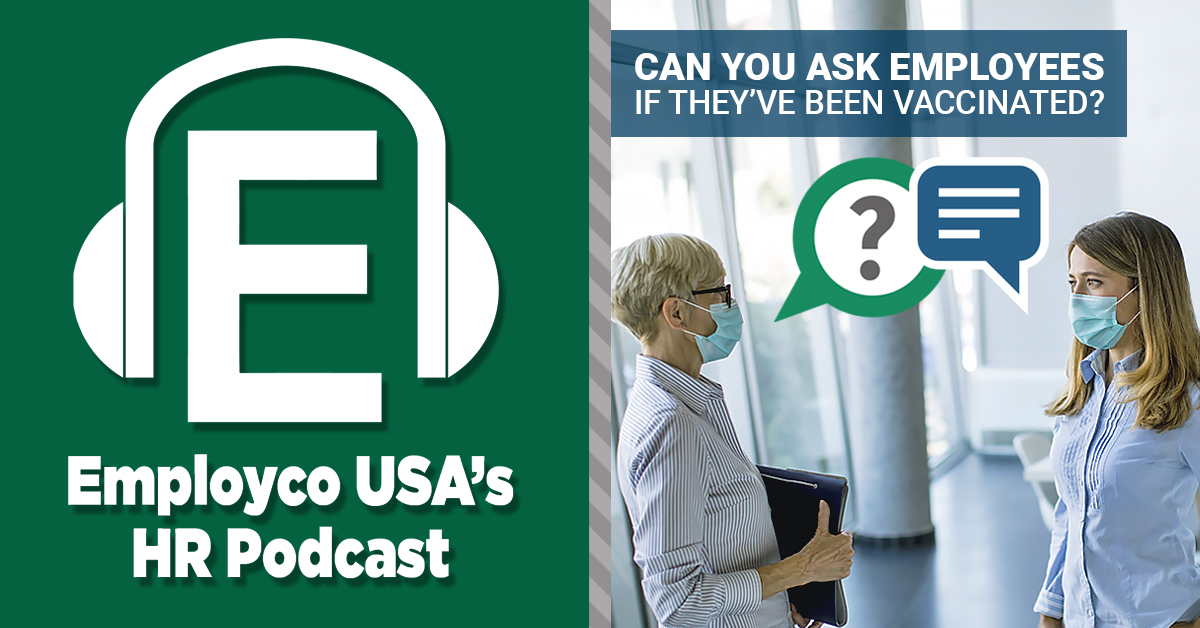Employment expert discusses tech company’s downfall after trying to ban political talk
 When software company Basecamp made changes to ban ‘societal and political talk’ on their company account, many of their employees reacted in outrage. Nearly a third of their employees took a buyout and left the company in the days following. Basecamp CEO Jason Fried has since apologized, but the company’s decision to ban certain topics still stands.
When software company Basecamp made changes to ban ‘societal and political talk’ on their company account, many of their employees reacted in outrage. Nearly a third of their employees took a buyout and left the company in the days following. Basecamp CEO Jason Fried has since apologized, but the company’s decision to ban certain topics still stands.
But should employers be allowed to ban political or social justice topics in the office?
“Yes,” says Rob Wilson, President of Employco USA, an employment solutions firm with locations across the country. “What Fried and company co-founder David Heinemeier Hansson essentially did was ask people to stop using the company’s internal software to have political discussions. Instead, they encouraged employees to have these conversations on Slack, WhatsApp, or Signal. They even said employees could have these conversations on a personal Basecamp account, but simply not on their company account.”
Continue reading →

 When
When 